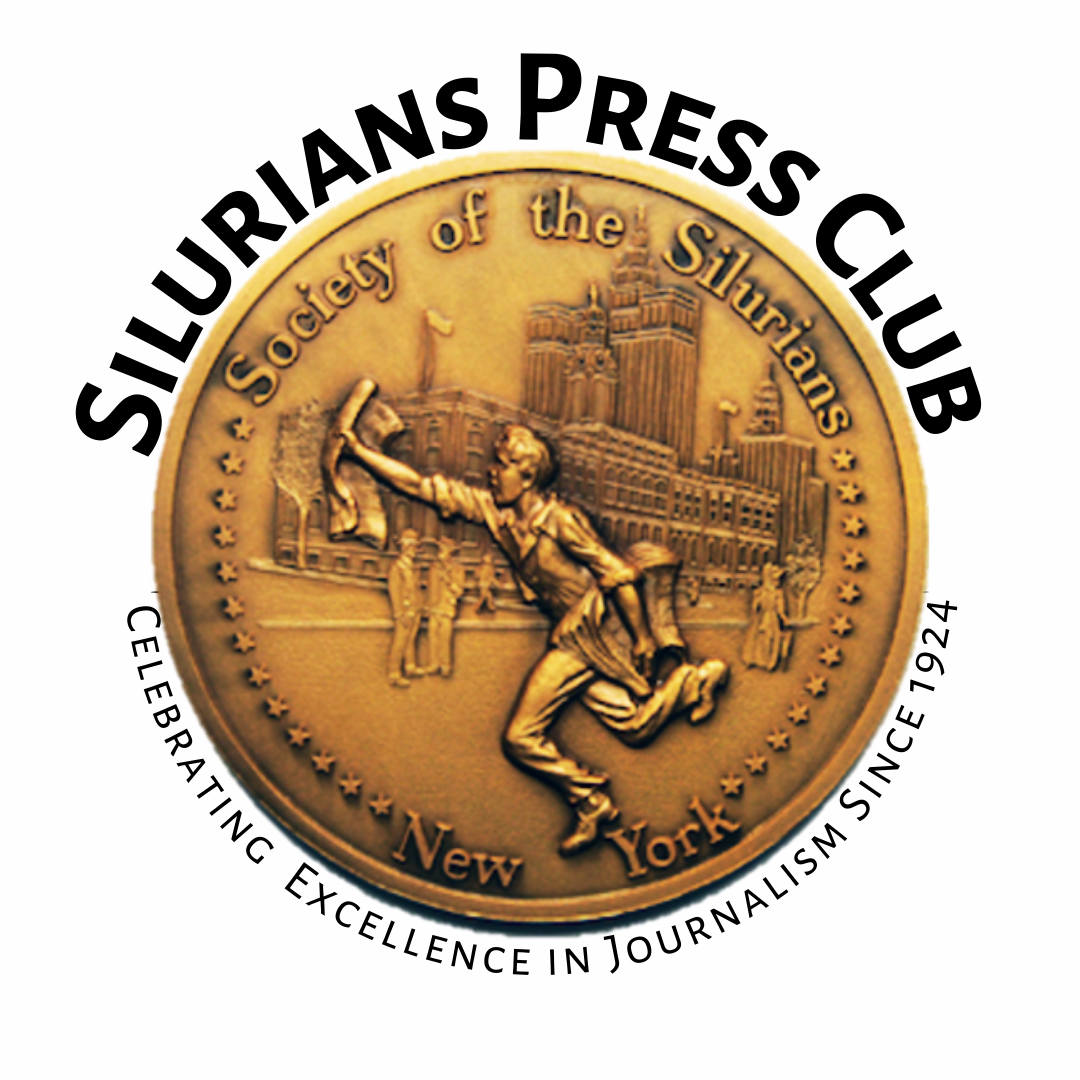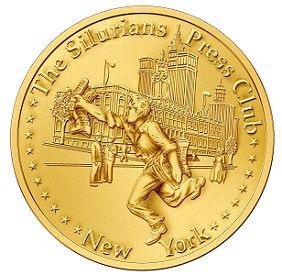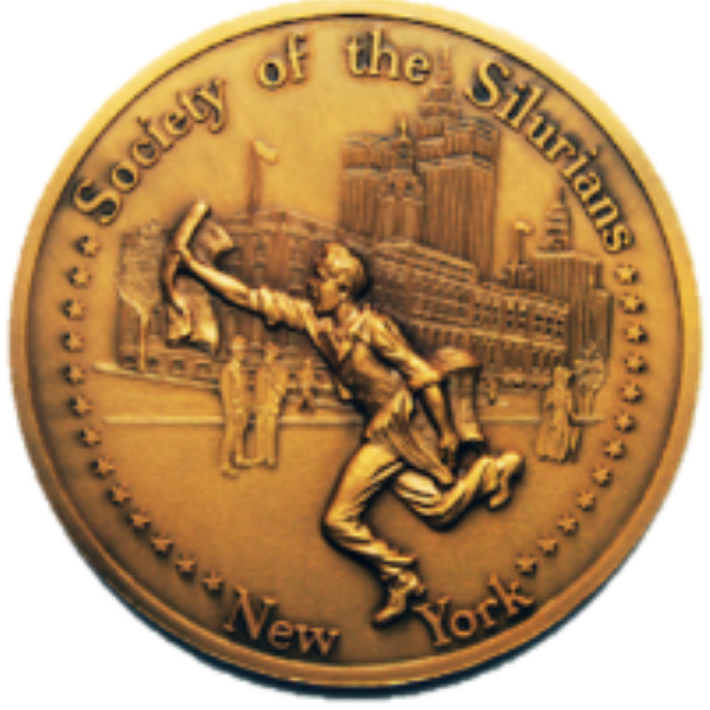
Dan Barry
Barry on Breslin!
By Mel Laytner
Dan Barry remembers his father tossing the newspaper at him every morning with the same command: “Read Breslin.”
For a young Barry, Jimmy Breslin’s voice was raw, immediate, and transformative. “There was something about reading him that felt almost forbidden. He was saying things you almost thought weren’t permitted to be said.”
Barry was speaking at the Silurians Press Club’s luncheon on Sept. 24 about his new book, Breslin: Essential Writings, a collection of the late columnist’s best work. For three years, Barry pored through Breslin’s columns, selecting and annotating pieces that best showcased his essence. Barry repeatedly pointed to Breslin’s "economy of language."
“Every word was like a thrown fist,” Barry said. “Every word earned its place. And he did that on deadline.”
Barry said Breslin’s power rested on three attributes: anger, empathy, "and a dollop of arrogance" and provided plenty examples of each.
If Breslin were around today, Barry said Breslin’s rage would have found fertile ground in the Trump era. He recalled Breslin had been critical of Trump decades ago, and quoted from Breslin’s June 7, 1990, column in Newsday:
"Donald Trump handles these nitwit reporters with a new and most disgraceful form of bribery, about which I will tell you. He uses the reporters to create a razzle dazzle…Trump bought reporters, from morning paper to nightly news, with two minutes of purring over the phone…’I just talked to Donald!’ I heard somebody say in the place where I work…They even put an article in front of his name, as if he were The Bronx."
Barry spoke of Breslin’s knack of finding angles other reporters ignored, such as Breslin’s column about the assassination of President John F. Kennedy. While other reporters covered the official proceedings, Breslin tracked down Dr. Malcolm Perry, the emergency room doctor, who had been eating salmon croquettes in the hospital dining room when the call came in.
“He puts you in the room when the doctors look up at each other and they go, we can't do it. Nothing. He's done,” Barry said, “and now everyone has to leave the president to his wife and to the priest."
"Everything that was inside that room now belonged to Jacqueline Kennedy and Father Oscar Huber and the things in which they believed."
“He could go loud and he could go soft," Barry said, an example of Breslin’s ability to make even the most public, historic moments deeply personal.
A few days later, Breslin covered Kennedy’s funeral, but again, with his own unique angle. While others focused on the pageantry of Kennedy’s funeral, Breslin found Clifton Pollard, the man digging the president’s grave for $3.01 an hour.
“It’s an honor,” Pollard told Breslin, in what became one of his most celebrated columns.
Later that month, November 1963, Breslin went to the Automat on 8th Avenue and 33rd Street on Thanksgiving Day. He sat with the lonely men who had nowhere else to go.
"A lot of other people sat alone. Only one or two tables were empty. They came in and took trays and waited silently in line at the cafeteria steam tables for their food… Outside, 8th Ave. is vacant. A few cabs moved by now and then a bus. The few people on the street were old and alone…Otherwise there was a vacant day in the automatic. Which was right. Yesterday was the day meant to be vacant."
“He’s talking about a world in mourning," Barry said, "and he never once mentions Kennedy.”
For Barry, this column captured the national grief without ever directly addressing it. “That’s what Breslin could do,” Barry reflected. “He didn’t just write about the news. He wrote about life. And he did it with an economy of language most of us can only dream of.”
Mel Laytner, a Silurians Board member, was a reporter and editor of hard news for 20 years, much of it covering the Middle East for NBC News and UPI. He is author of the acclaimed investigative memoir, What They Didn't Burn.


